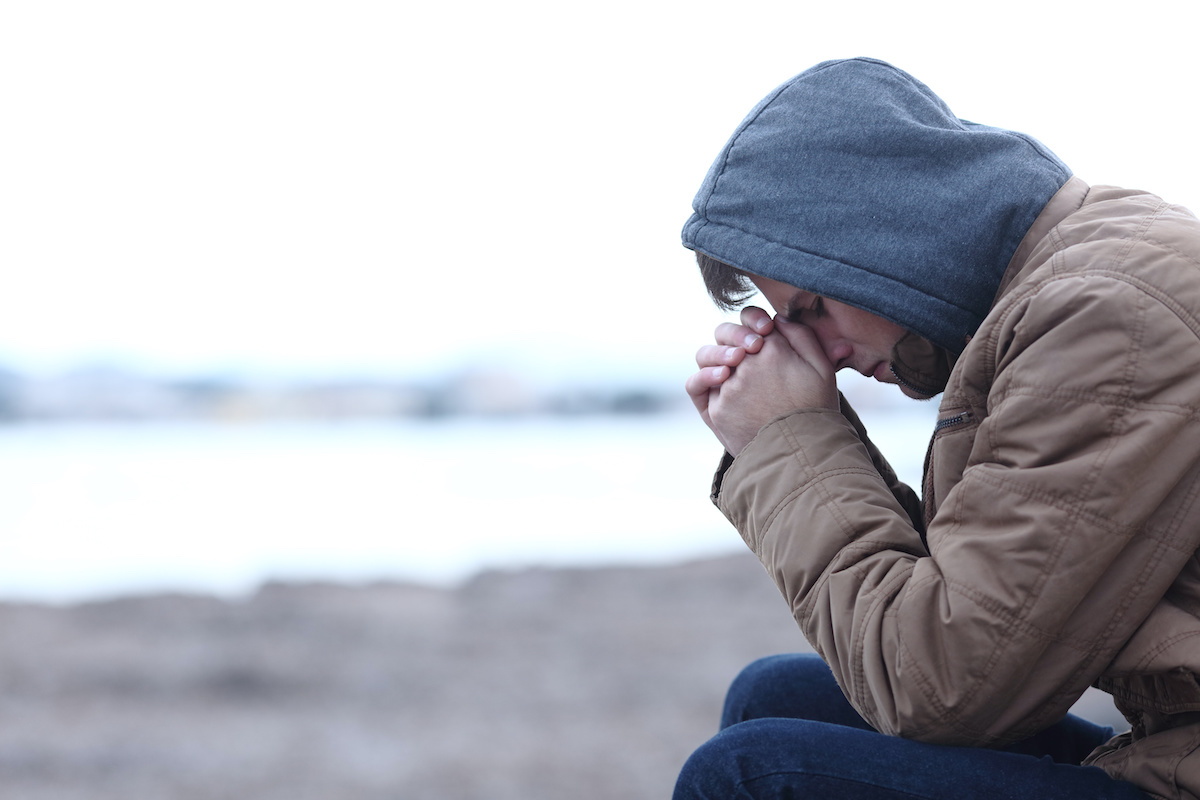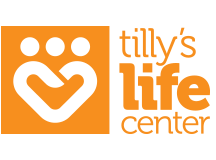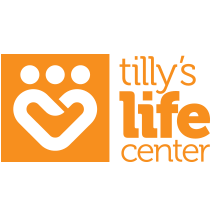
16 Dec How Seasonal Affective Disorder Affects Teens
You might notice mood changes in your teen during the winter, and wonder how they could be feeling sad when it’s supposed to be the most wonderful time of the year! But as winter approaches, our moods are changing with the seasons. Sometimes, we might not even realize the effect that the change in daylight hours has. For some it is not noticeable or not even a problem at all, but for others, the change can be severe.
Seasonal Affective Disorder (SAD) is a condition that causes depression during the winter months, when the days are shorter and the daylight hours are less. In this case, your teens’ emotions might seem entirely out of their control. To help you understand what your teen might be going through and how to help with seasonal depression, we have broken down what it is and included some self-care tips so you can start approaching solutions to help your teen feel better.
Signs and Symptoms
SAD is most commonly associated with mood changes occurring in the winter months. SAD can appear physically as well as emotionally. Consistent with depression, teens with SAD might experience:
- Anxiety, irritability, depression, and feelings of hopelessness
- Intense emotional vulnerability, triggered easily by minor issues that normally wouldn’t bother them
- Increase in complaints, negative thinking and self criticism
- Loss of energy, lack of motivation, increased isolation
- A change in sleeping or eating habits
How to Deal with Seasonal Depression
If your teen is experiencing some of these symptoms and you suspect they might have SAD, you can start by approaching them to offer your support. Give your teen a safe space to talk through what they are going through and be prepared to listen. Before you start a conversation, do some additional research. Learn how to help with seasonal depression beforehand so you are prepared to provide potential solutions. A healthy and well-informed conversation might aid your teen in understanding what they are going through while also feeling supported and ready to attempt treatment.
Discuss the option of talking to a professional such as a primary care doctor or a mental health specialist with your teen. If you are concerned or if your teen is not receptive to help, you can contact a health professional directly to see if they can approach the issue with your teen in a different way. Ultimately, a diagnosis is a step towards helping your teen feel better. But in the meantime, there are lifestyle choices you can encourage your teen to make to lift their mood.
Self-Care Tips for Teens
With or without a diagnosis, there are healthy changes teens can make to start seeing if they can feel happier naturally. Seasonal affective disorder self care can be a great way to test out tricks for easing mild depressive symptoms. Be aware that these are only suggestions for lifestyle changes that could improve the way your teen is feeling. These may not work and you might need to try something more conclusive with the help of a medical professional.
Soak Up the Sun
Going for walks outside during the daytime can make all the difference. Vitamin D for seasonal depression can help to counteract the effects of less daylight. Whenever possible, spend time outdoors with your teen. Just breathing the fresh air and having sunshine on their skin can be enough to make your teen start seeing their mood lift. While indoors, let the light in. Open the curtains or shades and let the rooms fill with brightness. In dark spaces or during the nighttime, you can replace the artificial looking lights with different bulbs that mimic daylight. These daylight bulbs can allow those dark hours that start earlier in the day to feel less jarring.
Work Up a Sweat
Getting exercise is a huge benefit for your teen. Not only can it help them physically but it can work wonders to lift their mood too. You can start by offering to go for a walk with your teen and if they start feeling a little better, try to race them back to the house for a light jog or run. Encourage outdoor workouts, especially in the morning or early afternoon when there is the most sunlight. Both the light and the endorphins can help ease mild symptoms.
Talk It Out
Talking with a mental health professional can be a big help for your teen as they try to understand what they are going through, how they are feeling, and ways to cope with the negative emotions they are experiencing. Start by talking to your teen to see if you can help them begin to feel less lonely and less misunderstood. Show your support and offer to help them find teen mental health resources that work for them.
Stay Social
Part of depression can be withdrawing from social activities. Encourage your teen to spend time with friends and family as a way to lift their mood. If your teen is open to it, offer to host a get together. Try to play games at night and strike up conversations around the dinner table.
Eat Well
Take the opportunity to have good quality, healthy meals together. This can help combat any changes in eating habits while lifting the mood and feelings of isolation. When you have time, make meals together! Encourage fruits and vegetables and fiber and whole grains instead of simple carbohydrates and processed sugary foods.
More ZZZ’s Please
Encourage your teen to form a healthy habit around sleeping. Try to have them go to bed earlier and wake up earlier to maximize the daylight hours. The more quality sleep they get can help them feel better equipped to handle the day!
Lend a Helping Hand
Sometimes just knowing you have the support of someone you trust can make a huge difference. Offer to help your teen with their homework or any concerns they might have. Don’t get too discouraged if they don’t accept it right away. Just keep gently offering to help whenever it feels right. Teen mental health resources can help to fill in the gaps that a parent or guardian cannot provide.
Remember that depression of any kind can be extremely difficult and even debilitating for your teen. If you believe your teen might be depressed please show your understanding, support, and offer to provide them with resources that can help. These tips are just a place to start. There are plenty of other options as well that you can approach with medical professionals.
At Tilly’s Life Center, our mission is to facilitate access to teen mental health resources that help young people live up to their potential as happy, healthy, productive individuals. To learn more about TLC visit https://tillyslifecenter.org/. We hope you and your family have a happy, healthy holiday season.


